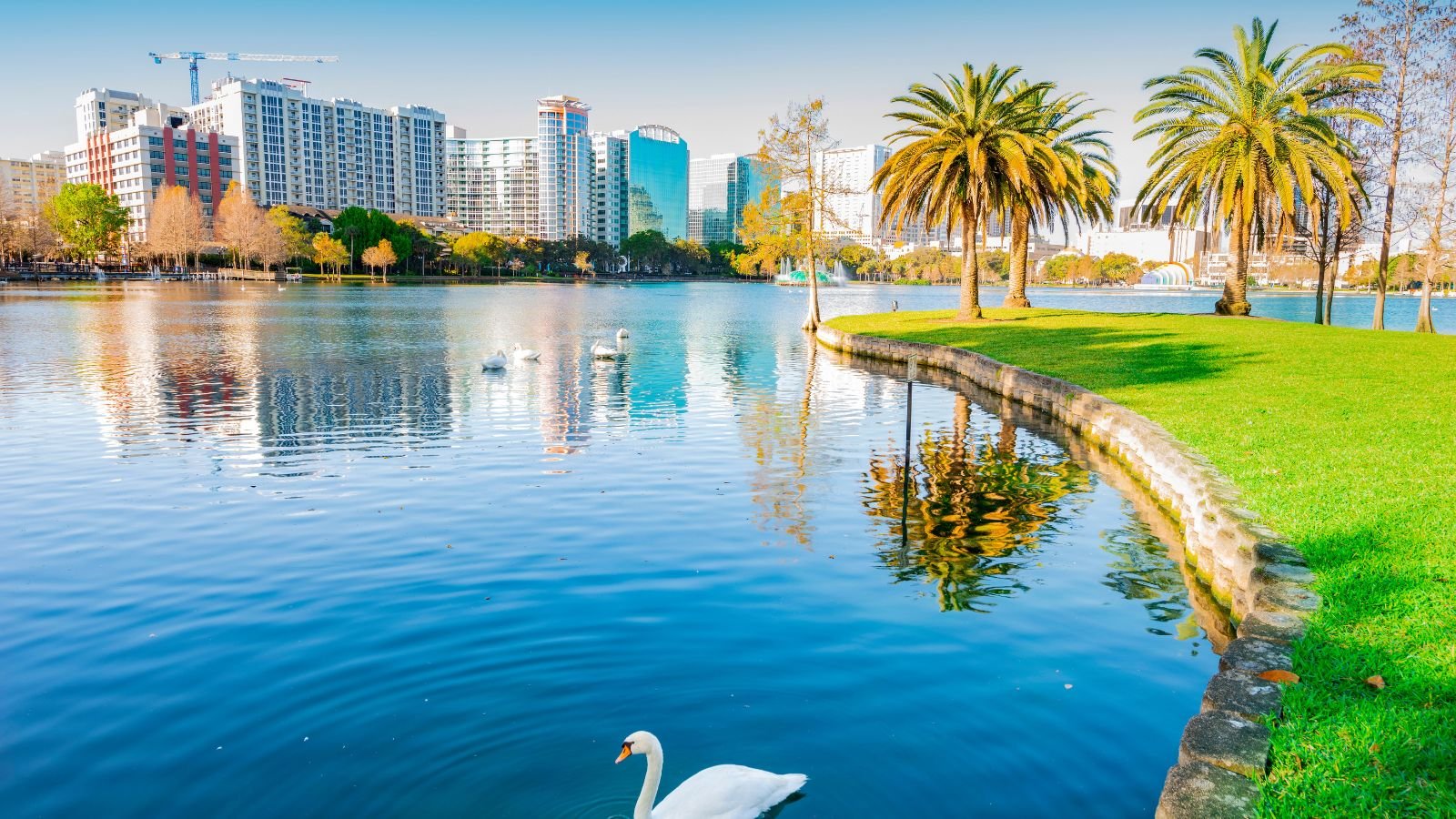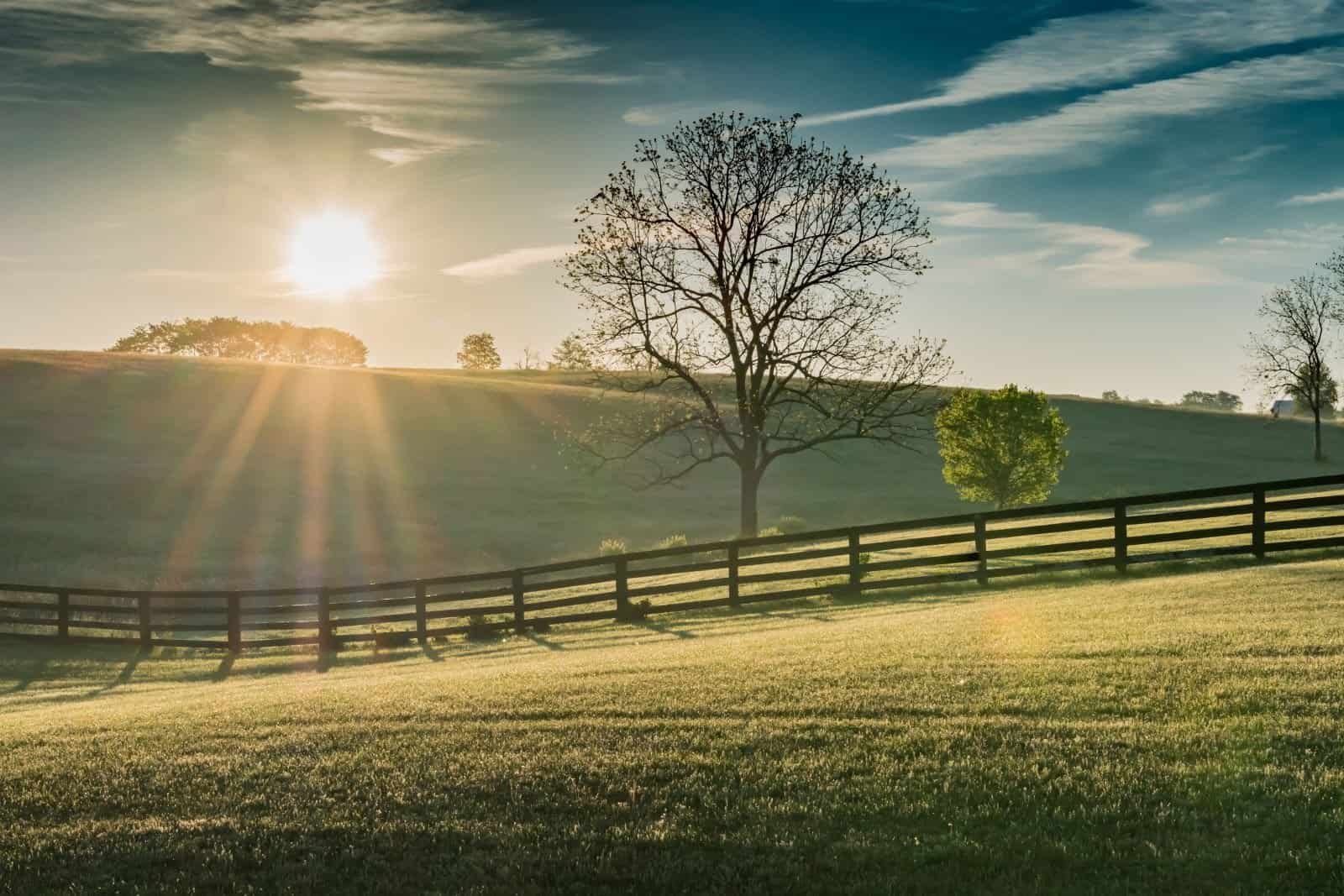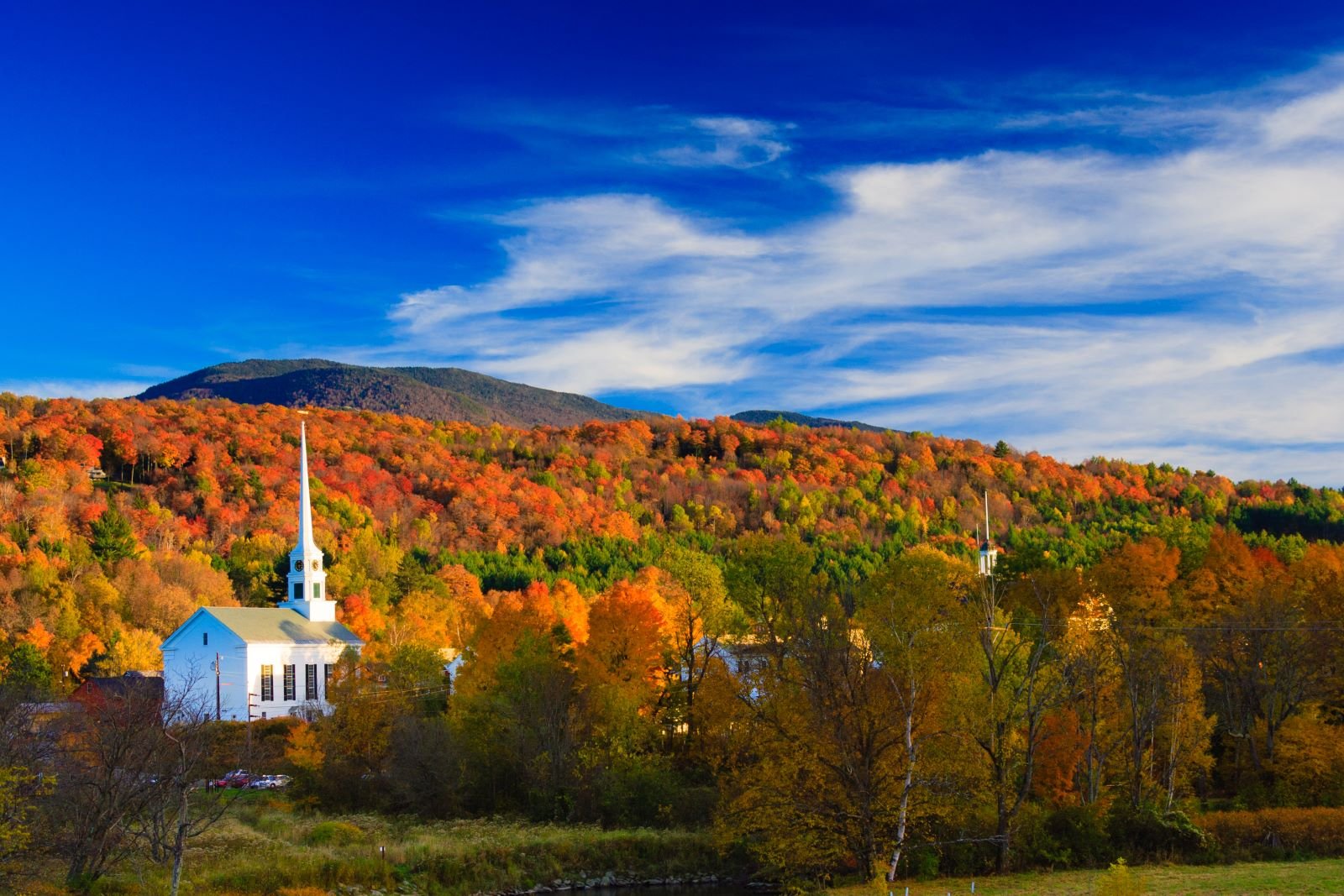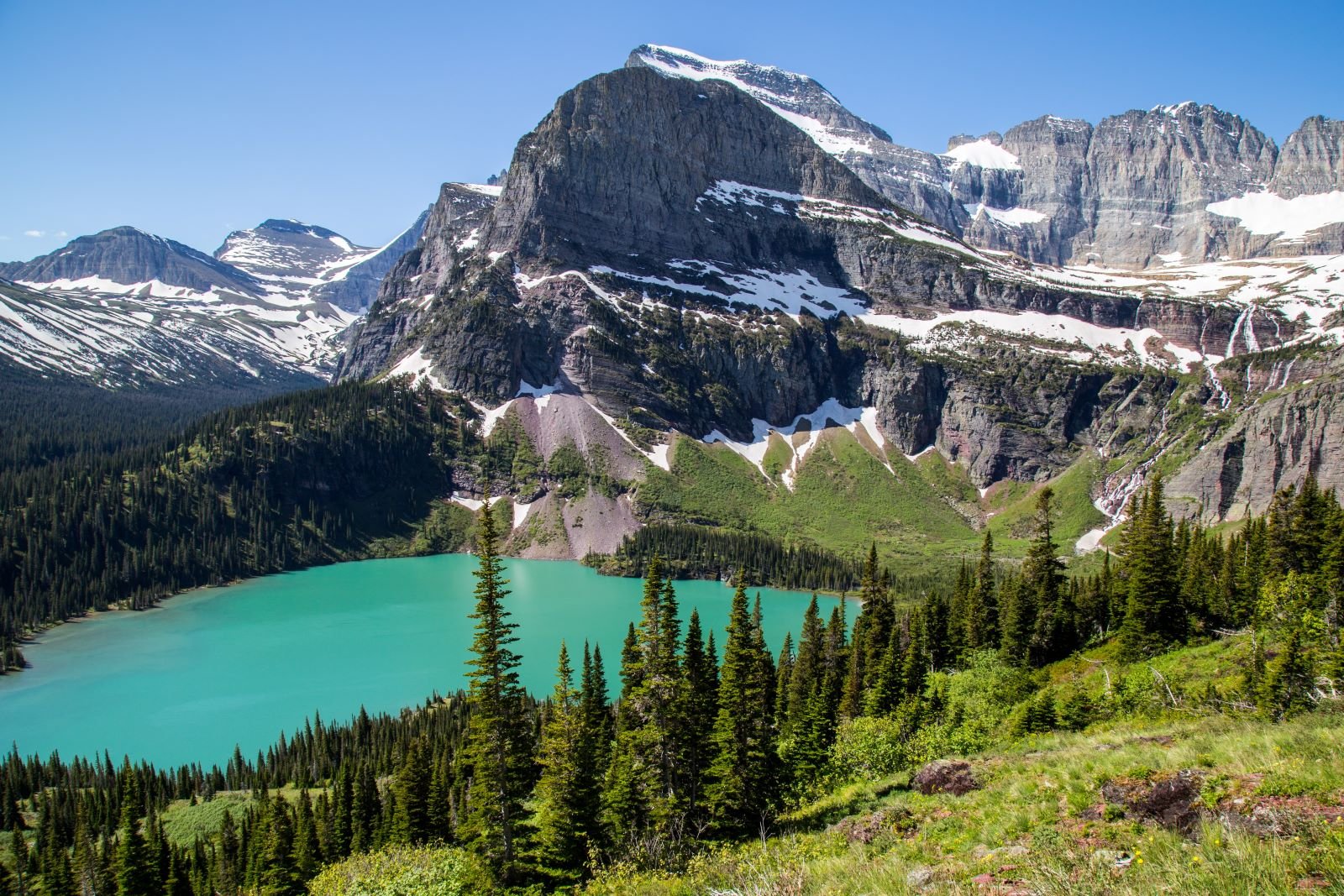Around 1 million people live in RVs in America, and in North America alone, 11% of people own RVs .
If you are also interested in living in an RV, knowing which states will allow you to make informed decisions. Other states restrict how long RVs can sit on private property or where you can place them. Some cities and neighborhoods also have their own rules. This impacts your ability to live in an RV.
Below are details on which states let you live in an RV on your property.
South Dakota

You can use the RV as a full-time dwelling without durational limits. South Dakota places little to no restrictions on parking RVs long-term on land you own. In fact, the state has no required tie-down laws and minimal permitting needs. South Dakota is the most friendly state for living in RVs on private property.
Michigan

Michigan passed a law in 2014 allowing RVs on your property in rural areas. RVs can hook up to water and electricity. However, RV residents still need to manage sewage.
Colorado

Under Colorado state laws, you can park RVs full-time on your private land. More than 2000 people live in RVs or other similar vehicles in Colorado.
However, long-term RV residents cannot overcrowd land or cause sanitation issues. If you follow basic codes, you can easily live in RVs across Colorado. There are no durational limits.
Florida

Florida state law does not restrict how long individuals can occupy RVs on private land. In short, you can live in an RV year-round as a permanent home if parked on your Florida property. Individual counties or cities may have extra RV ordinances.
Kentucky

In Kentucky, state laws minimally restrict the time for inhabiting RVs on private property. If you permit and hook up RVs, you can live in them on your land throughout the year with minimal obstacles. Due to the friendly lax laws, people prefer the Kentucky city.
Kansas

Kansas state laws place no firm restrictions on parking and occupying RVs full-time on your rural or residential land. You must set up RVs, manage sewage per codes, and follow electrical requirements. Whatever it may be, Kansas does provide flexibility for permanent RV living.
New Mexico

New Mexico statutes allow RV occupancy on private lands without limits and as full-time residences. However, you must install RVs safely with proper sanitation and follow all the codes for the permit.
Wyoming

Wyoming lacks legislation prohibiting full-time RV residency on your property. You can live in RVs indefinitely as permanent housing if they are legally set up with utility access and proper sewage disposal.
Vermont

According to state laws, you can park RVs on private property in Vermont for as long as you like and with minimal barriers. You need to follow permitting and sanitation rules.
Montana

Montana statutes do not impose durational limits on RV living if RVs are on your property. You must, however, follow all utility access and waste management codes.
California

California limits RV occupancy on private residential land to less than 30 consecutive days and 90 days annually. People can live in RVs full-time if parked on grounds with commercial, agricultural, or industrial zoning.
Oregon

Oregon prohibits using RVs as permanent residential dwellings on private residential lands. You may stay in RVs for vacation purposes up to 2 weeks per visit and up to 30 days annually on your property.
Utah

Utah state law prohibits the use of RVs as permanent homes. This applies to private property zoned only for residential purposes. Yet, it may permit longer recreational stays in RVs. To understand any variations, you need to go over local ordinances.
Texas

Long-term RV parking for occupancy requires proper permitting and approvals in Texas. The state only allows living in RVs in temporary housing. It bars them as permanent dwellings on private residential lands.
Wisconsin

Wisconsin statutes ban using RVs as permanent homes on private lands not zoned for commercial purposes. To live in an RV, you must limit your stays or get commercial zoning for your land.
Iowa

Iowa law bars using RVs as permanent housing on lands not zoned for mobile homes. You would need to have your property rezoned to live long-term in RVs. You can petition your county for the rezone.
Ohio

Ohio restricts the use of RVs as permanent homes on residential properties. Yet, you may have longer recreational stays if you adhere to codes. You should research specific county rules for variations.
Missouri

Missouri laws prohibit inhabiting RVs full-time on private property zoned residential. You must rezone or reclassify your land to establish permanent RV residency.
Delaware

In Delaware, the law limits RV living on private residential lands. You can use RVs as permanent dwellings on your property with official approval. For short-term recreational stays, you must follow the codes for permission.
Connecticut

Connecticut bars using RVs as full-time residences. Your land must have specific, approved zoning classifications. Strict permitting and sewage management rules also apply to more extended RV stays.
